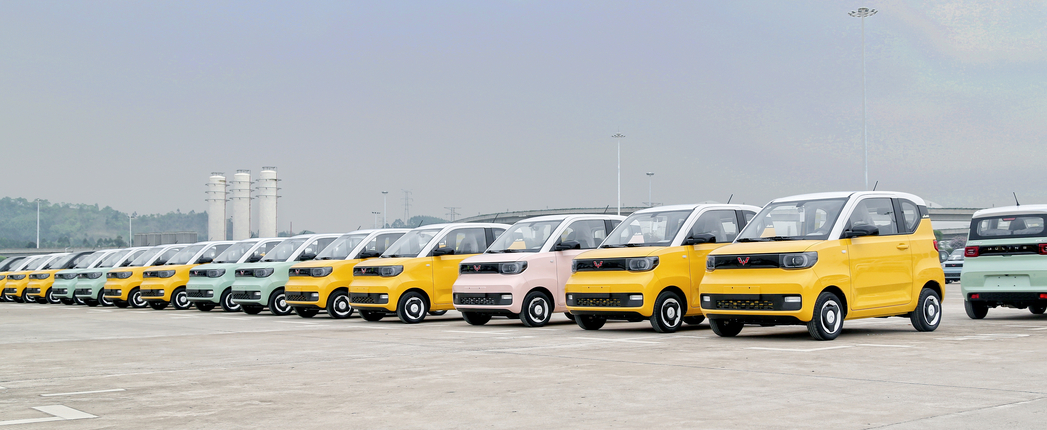
Despite the rapid growth of electric vehicles in China, new opportunities are available for lube suppliers, speakers said at the 2021 China Inter Lubric held on June 7 in Shanghai.
One such opportunity is for industrial oil suppliers, said Zhou Yuchao, vice director at the research company Sci99 based in Zibo, Shandong province.
She cited sales of excavators as an example. In 2020, China sold 293,000 excavators nationwide, up 40% from 2019. The compound annual growth rate reached 46.9 % from 2016 to 2020 in sales volume, according to the China Construction Machinery Association.
“Recent years saw Chinese equipment manufacturers nibbling Japanese and Korean counterparts’ market share, offering Chinese local lube blenders more opportunities,” Zhou said. “We think as China continues to invest in urbanization and infrastructure, demand for heavy duty equipment will continue to rise.”
But there are some complaints from equipment users about lube suppliers, she said. Among them are the lack of regional distributors, the lack of knowledge of various lubes, and the lack of professionals who can quickly identify oil-caused machinery problems.
“The maintenance market, rather than the pre-filling market, account for most oil consumption,” she said. “It’s fair to say service is key to the industrial lube business.”
Many lube suppliers are intimidated by recent growing EV adoption in China. In May, China sold 185,000 EVs, including those that run solely on battery power and plug-in hybrids, up 17.4% from April, according to the China Passenger Car Association.
But Huang Yonghe, director at the China Automotive Technology and Research Center, said there was still room for the lube business.
“I suggest lube companies look into the R&D trend in PHEVs to come up with good lube solutions,” Huang said. “I think PHEV will be around for a long time.”
Sales volume of PHEVs, which have both an internal combustion engine and an electric motor, reached 34,000 in May, almost the same as in April. But the Chinese EV maker BYD said its PHEV sales volume jumped 45.4% in April to 12,970.
The EV trend is clear, especially as China aims to reach carbon neutrality by 2060. Huang said the Chinese government is discussing related policies to further encourage adoption of alternative energy cars, and is likely to test them in Xiong’an New Area, an economic development zone near Beijing.
“It is predictable that taxes on fossil fuels will continue to rise, and consumers buying alternative energy vehicles will enjoy more tax breaks,” he added.
Currently, clean energy vehicles – PEVs, PHEVs and fuel cell vehicles – purchased in China are exempt from sales tax. The policy is expected to expire at the end of 2022.
Some lube suppliers caught the trend and adjusted their strategies accordingly. Among them is the Nanjing-based Lopal, a company known for its diverse businesses, which include lubes, coolants and diesel exhaust fluids.
One of the company’s current focuses is development of EV-targeted lube products, like coolant (glycol-based water). Lopal is already a coolant supplier for the Chinese EV maker NIO.
“We follow the trend in alternative energy vehicles closely,” Chen Xiaoxing, Lopal marketing director, told Lube Report Asia. “We are working with fuel cell suppliers and EV makers to develop products catering to the new energy commercial and passenger vehicles.”
In June, Lopal paid ¥844 million (U.S. $130.3 million) to buy two subsidiaries of Beiterui, a Shenzhen-based supplier of materials for lithium-ion batteries.
Chen agreed with Huang that it will take many years for China to dump ICE cars completely.
“Lube suppliers have the time to prepare for business changes while continuing to supply the ICE market,” he said.
For more coverage of electric vehicles and their impact on lubricants, subscribe to Lubes’n’Greases’ Electric Vehicles InSite.